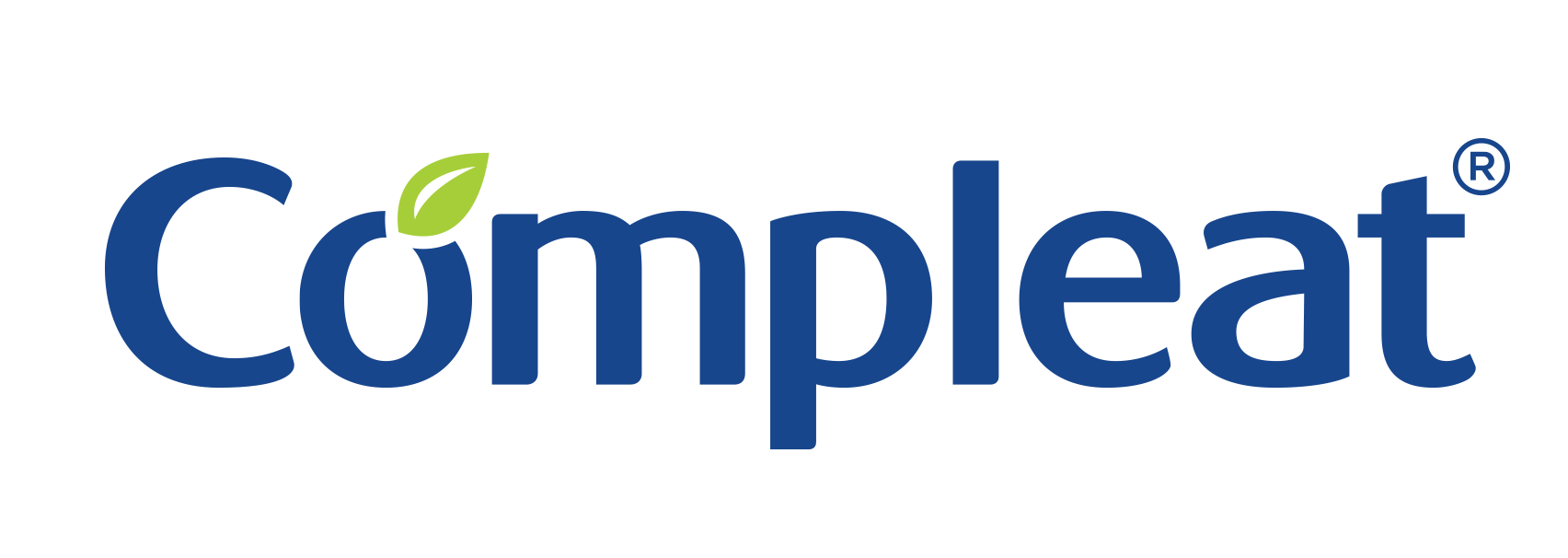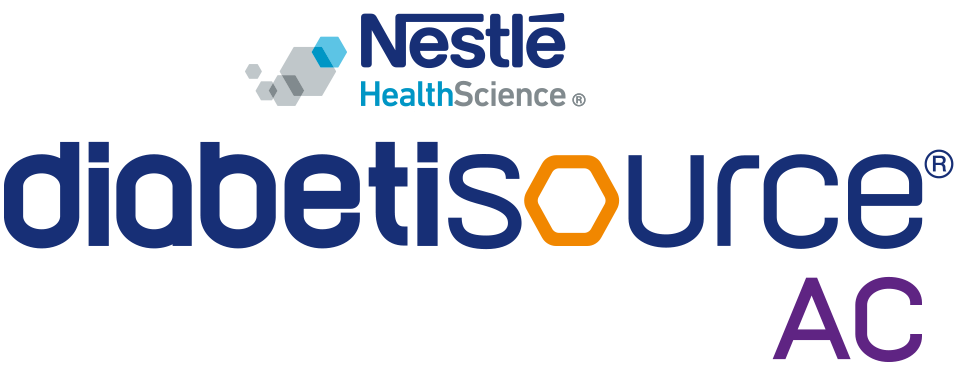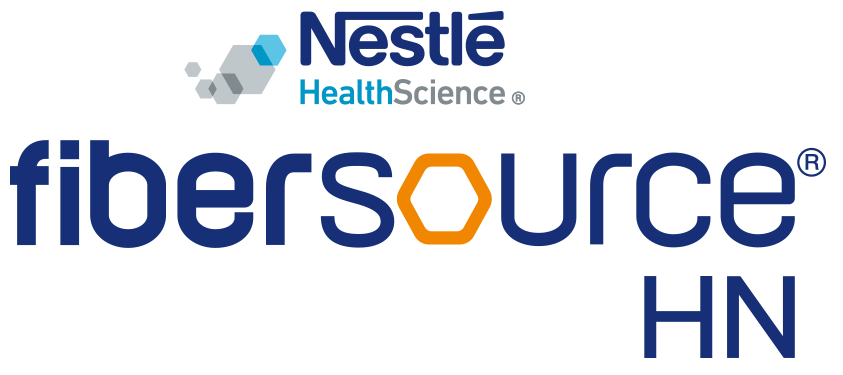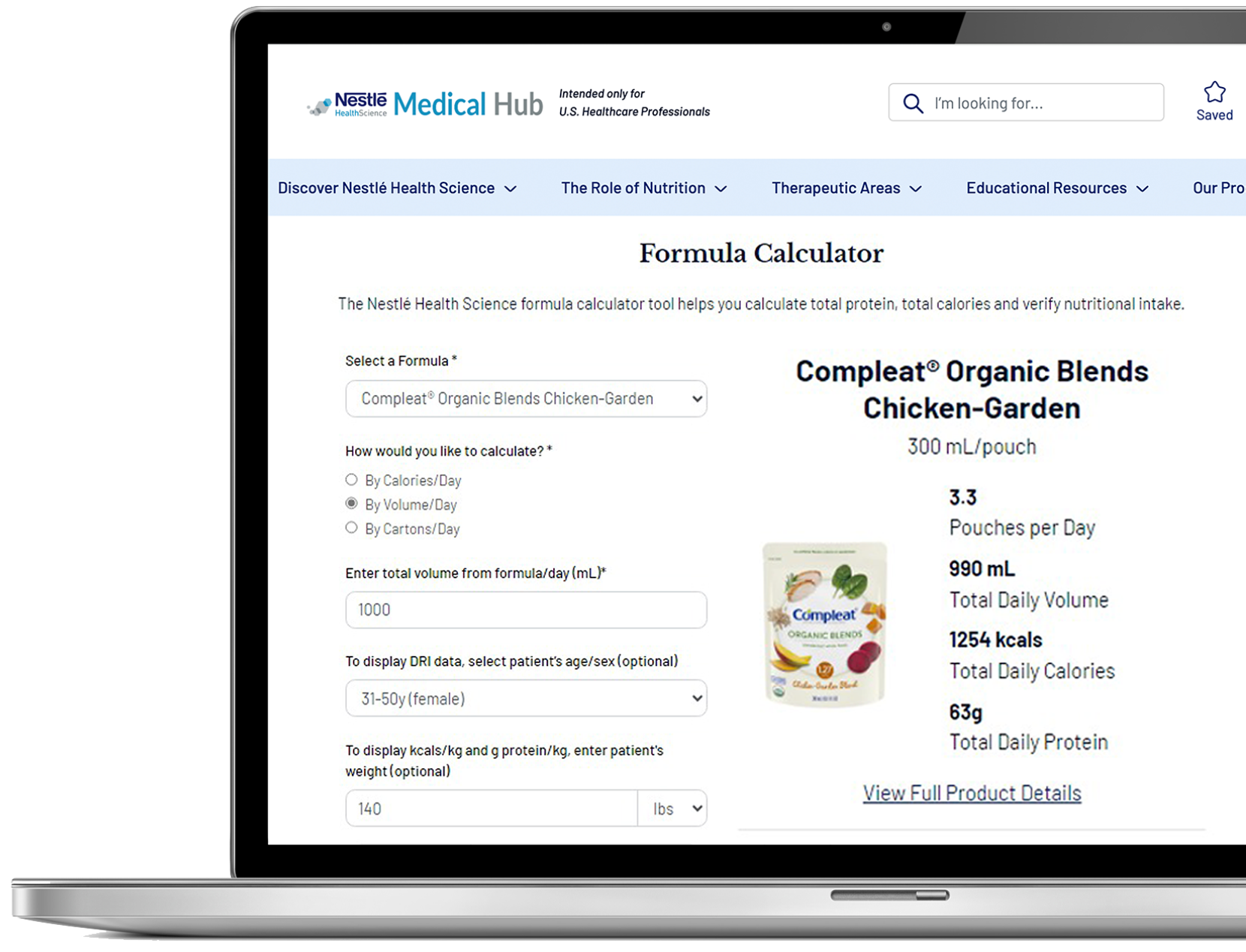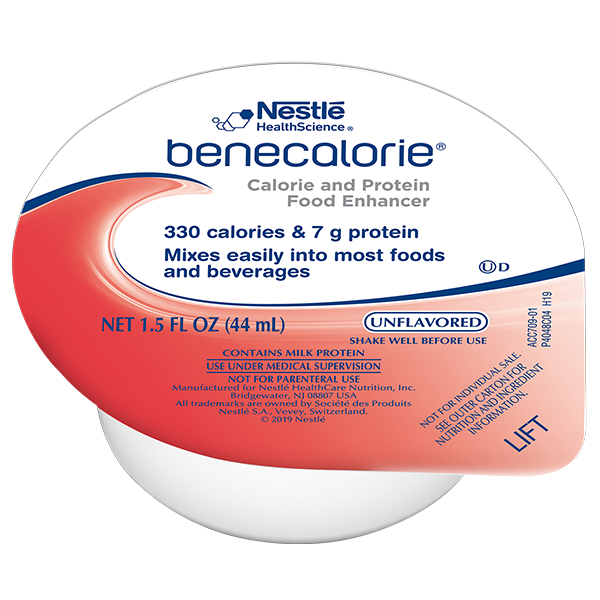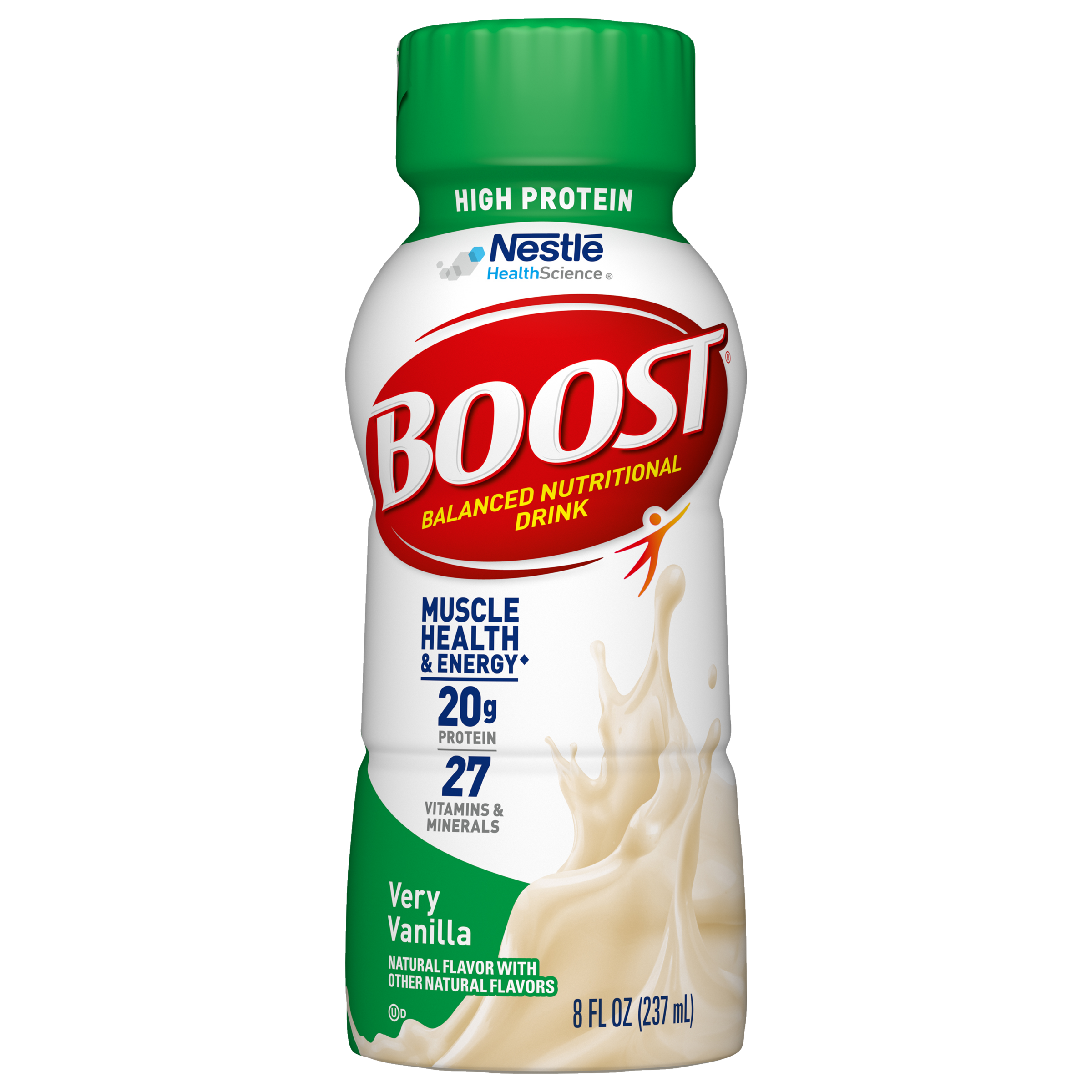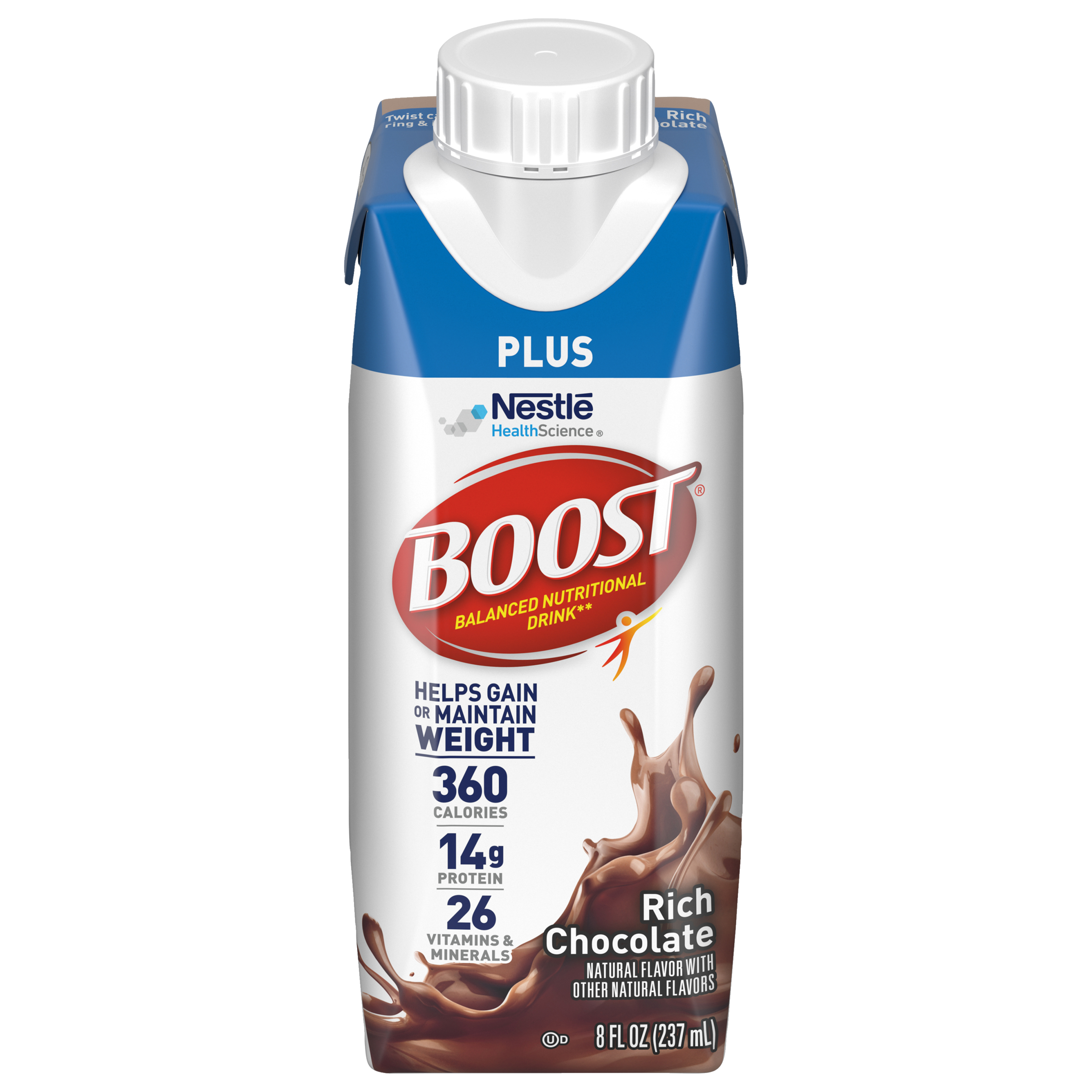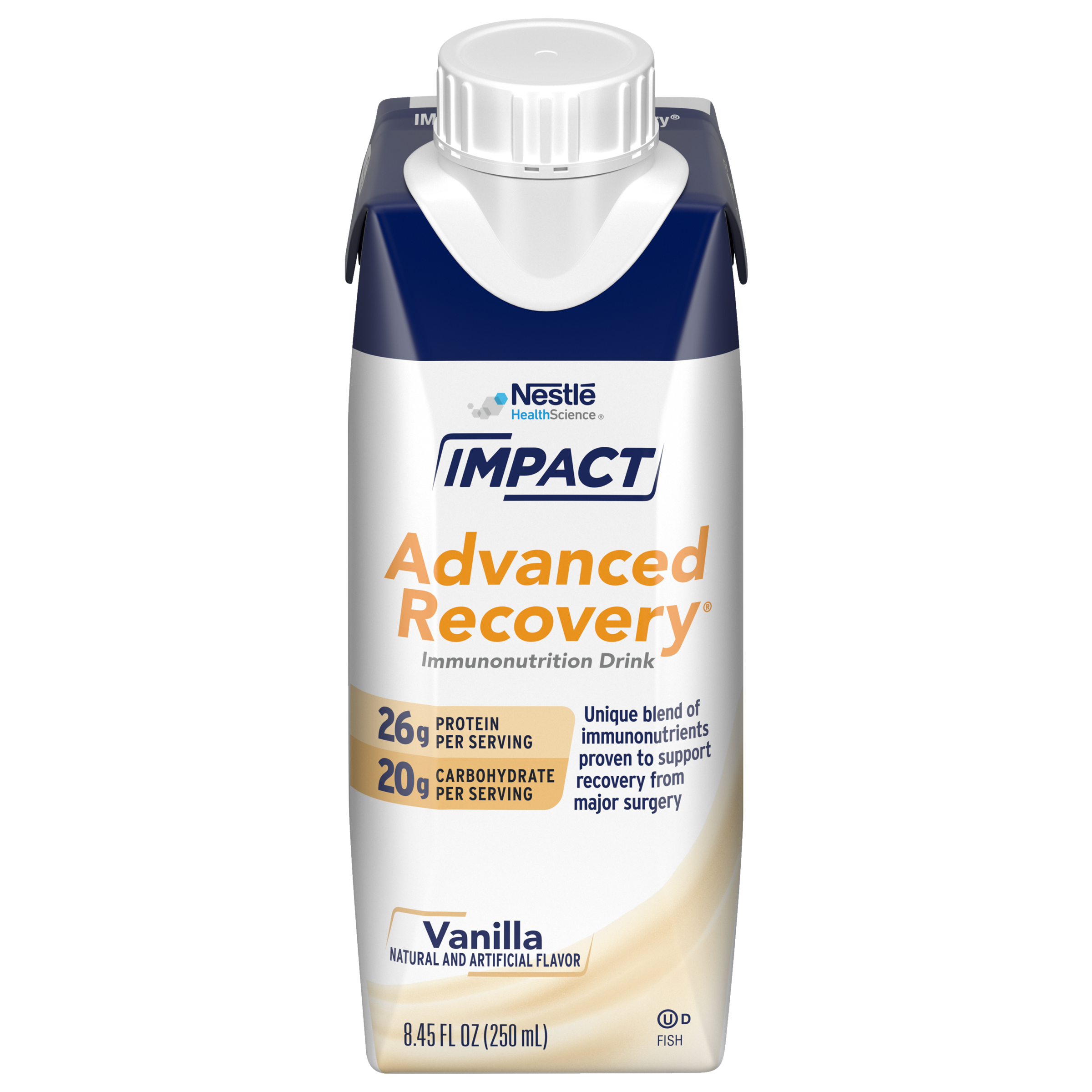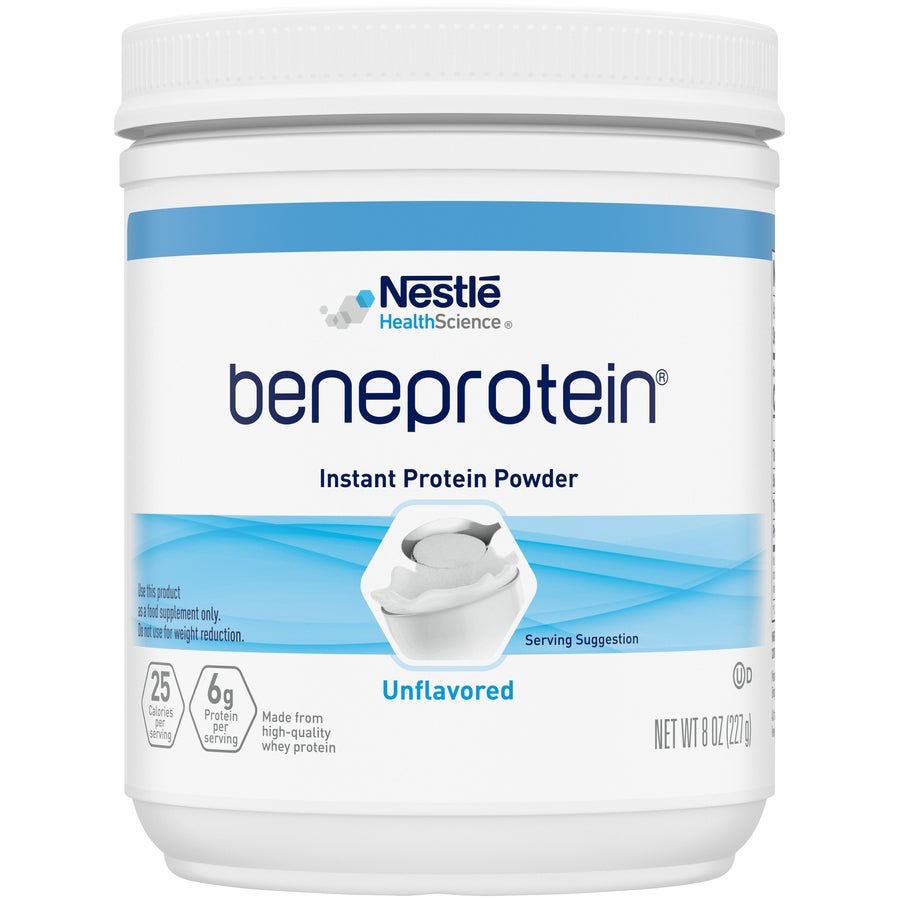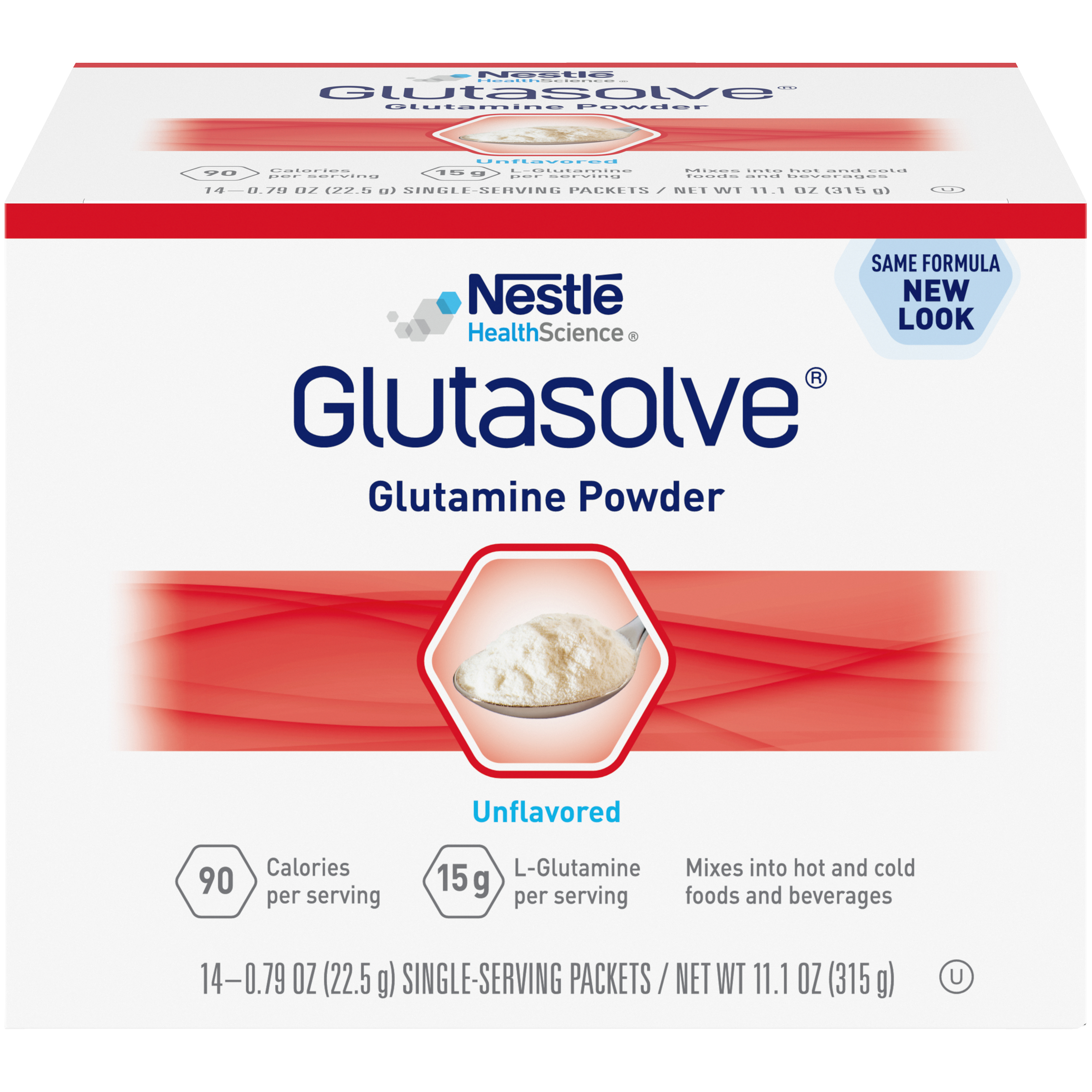About Oncology
Cancer is a complex disease that can arise in any part of the body and can have a wide range of different causes and risk factors. As a result, oncology requires a multidisciplinary approach that brings together specialists from a variety of different fields.
Cancer treatment is often complex and can involve a combination of different therapies, including surgery, chemotherapy, radiation therapy, immunotherapy, and targeted therapy. Treatment plans must be tailored to the individual patient's needs and may depend on factors such as the type and stage of cancer, the patient's overall health, and their treatment goals. Effective communication and collaboration between healthcare providers are essential to provide the best possible care and achieve the best possible outcomes for patients. Certain types of cancer, including head and neck, lung, and gastrointestinal cancers, can often result in malnutrition due to their impact on a patient's ability to eat and digest food, making additional nutrition support necessary.
Cancer related side effects include nausea, vomiting, diarrhea, constipation, loss of appetite, taste changes, mouth sores, and fatigue. These side effects can lead to weight loss, malnutrition, and dehydration, which can compromise the patient's immune system and overall health. Therefore, it is important to develop nutritional strategies to support the patient's nutritional needs during treatment and manage cancer-related side effects.
Nutrition & Oncology
Nutrition plays a crucial role in the management of patients with cancer. Good nutrition is essential for maintaining strength, energy, and overall health, especially during cancer treatment, which can take a toll on the body. Patients with cancer may experience a range of side effects that affect their ability to eat and drink. Dysgeusia, dysphagia, and mucositis are common side effects of cancer treatment that often significantly impact a patient's ability to eat and maintain proper nutrition. In addition, cancer itself can cause weight loss and malnutrition due to the body's increased metabolic demands and altered nutrient utilization.
Inadequate nutrition can lead to weight loss, malnutrition, and weakness, which can make it harder for patients to tolerate cancer treatments and can also increase the risk of complications. Therefore, it is important to develop nutritional strategies to support the patient's nutritional needs during treatment.
NUTRITIONAL STRATEGIES
One of the key nutritional strategies in the care of a patient with cancer is to achieve adequate calorie and protein intake. Patients with cancer often require more calories and protein than healthy individuals to support their body's increased metabolic demands. Patients with inadequate calorie and protein intake are at higher risk of developing malnutrition, which can impair wound healing, decrease immune function, and lead to treatment-related complications. Therefore, achieving adequate calorie and protein intake is crucial to maintaining patient health and improving treatment outcomes.
Another nutrition strategy in the management of oncology patients is to provide adequate hydration. Cancer treatments such as chemotherapy, radiation therapy, and surgery can increase the risk of dehydration, which in turn can cause fatigue and weakness. It is important to encourage patients to drink plenty of fluids and eat hydrating foods to maintain their fluid balance.
In addition, nutritional strategies in the care of oncology patients should focus on promoting a healthy diet that includes a variety of fruits, vegetables, whole grains, and lean proteins. These foods contain essential vitamins and minerals that help support the immune system and aid in the healing process.
Overall, nutrition is an essential component of cancer care, and healthcare professionals should work collaboratively with dietitians to develop and implement nutritional strategies that support the patient's nutritional needs and promote overall health and wellbeing.
Support Resources
You must be logged in to view all resources.
References
1. PDQ® Supportive and Palliative Care Editorial Board. PDQ Nutrition in Cancer Care. Bethesda, MD: National Cancer Institute. Updated: Jun.22, 2023
2. American Cancer Society. (2021). Nutrition for people with cancer. https://www.cancer.org/treatment/survivorship-during-and-after-treatment/staying-active/nutrition/nutrition-during-treatment.html.












